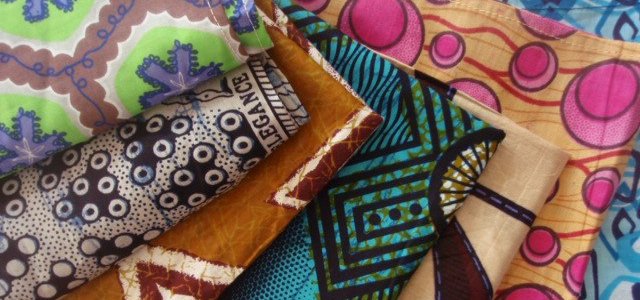The Nigeria Union of Textile, Garment and Tailoring Workers of Nigeria (NUTGTWN) has attributed the decline of the textile industry to government policy somersaults, insincerity, and lack of commitment to reviving the sector, which was once a major employer of labor.
Despite multiple challenges, the union remains optimistic, citing an ongoing partnership with the International Cotton Advisory Committee (ICAC) aimed at rejuvenating Nigeria’s cotton and textile industry. According to the union, this initiative has the potential to create over 1.4 million jobs annually.
However, the union expressed frustration over the non-implementation of Executive Order 003, which was enacted seven years ago to promote local content in government procurement. The lack of enforcement of this order, they argue, has hindered industry growth.
The president of NUTGTWN, Comrade Peters Godonu Honfu, also identified inconsistent power supply as a major obstacle to the sector’s survival. He lamented that, despite government promises to revitalize the industry, little progress has been made.
“Though there is an import ban on finished textiles and Executive Order 003 was meant to protect local manufacturers, rampant smuggling continues to cripple the sector due to poor enforcement,” Honfu said.
According to data from the National Bureau of Statistics (NBS), Nigeria recorded a N1.5 trillion textile trade volume between 2019 and 2023. However, imports accounted for N1.4 trillion (96.5%), while exports stood at just N50.7 billion (3.5%), resulting in a trade deficit of N1.384 trillion and exposing the country’s heavy reliance on imported textiles.
The breakdown of textile imports over the years shows a steady rise. In 2019, Nigeria imported N220.5 billion worth of textile products. This figure dropped to N182.5 billion in 2020 but surged to N278.8 billion in 2021 and further increased to N365.5 billion in 2022.
Meanwhile, industry expert Mr. Olajide Akowe blamed the poor patronage of locally made textiles on high costs and lower quality compared to imported alternatives.
“Nigerians prefer smuggled textiles because they are cheaper and of better quality. Even our locally made Adire fabrics struggle to compete due to their high prices and inconsistent quality,” he stated.
As the industry battles these challenges, stakeholders continue to urge the government to implement policies that prioritize local production, curb smuggling, and ensure steady power supply to restore the textile sector’s former glory.





